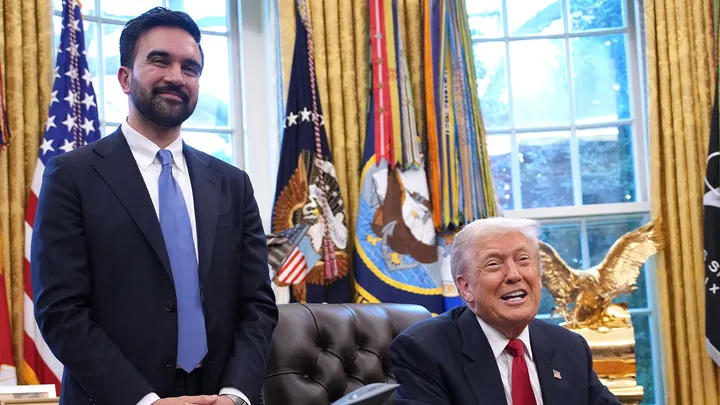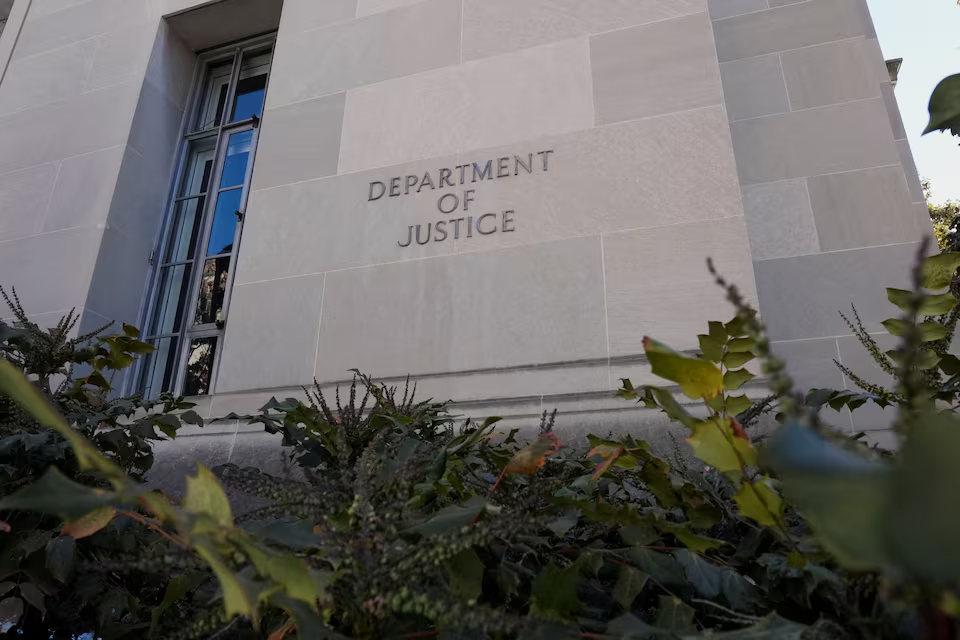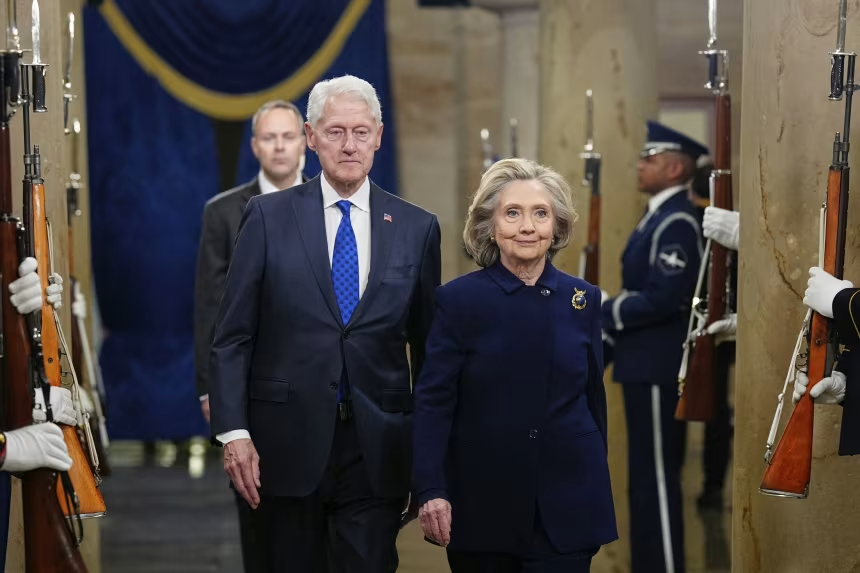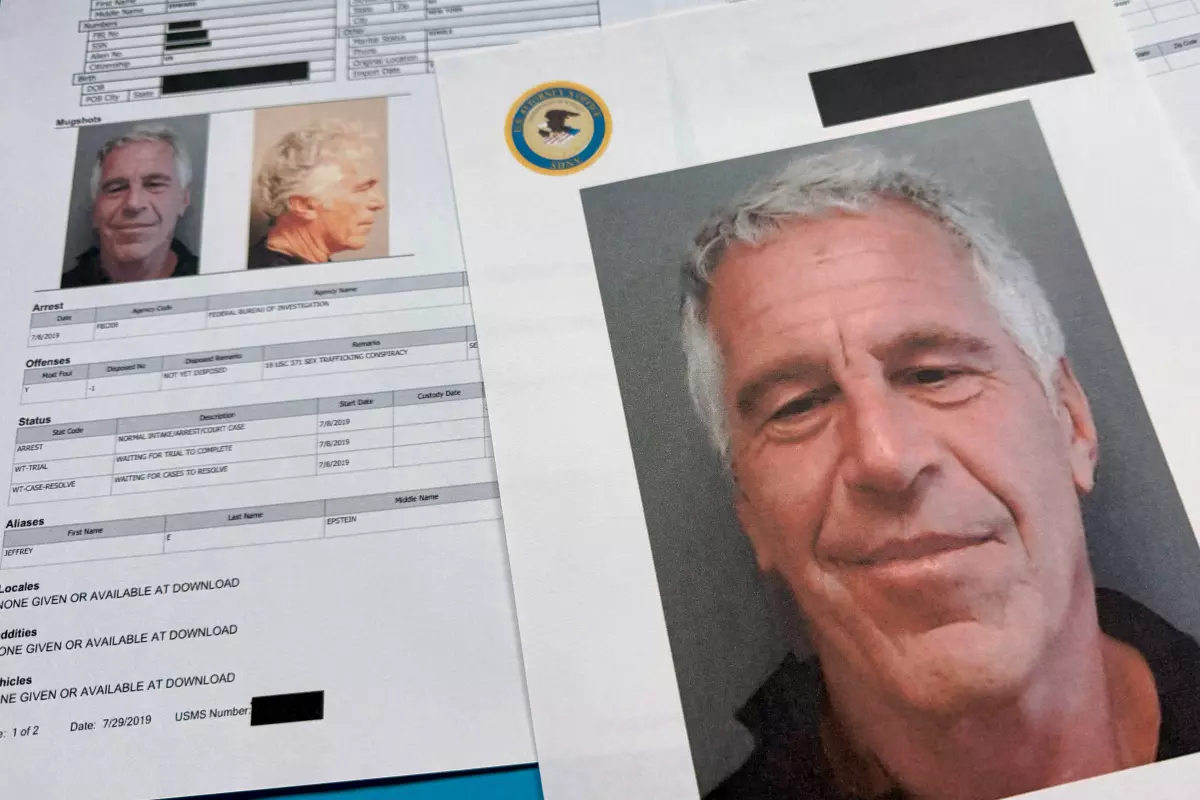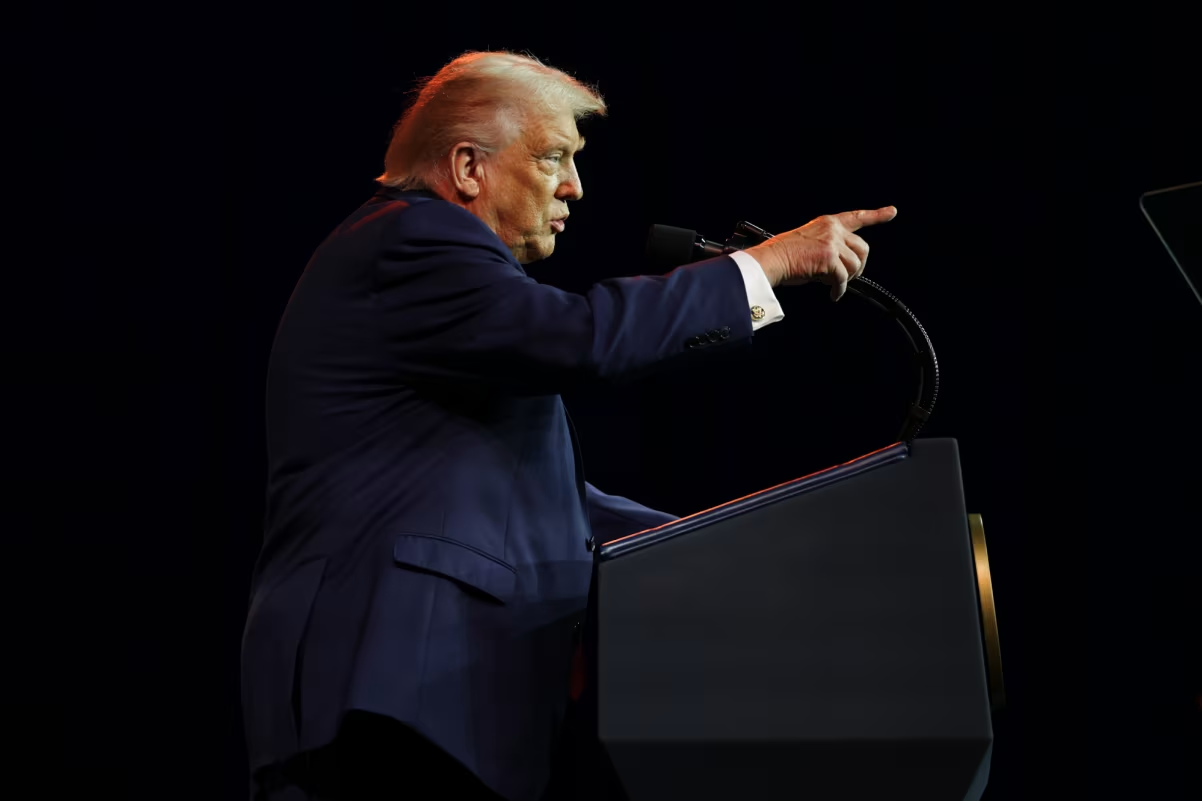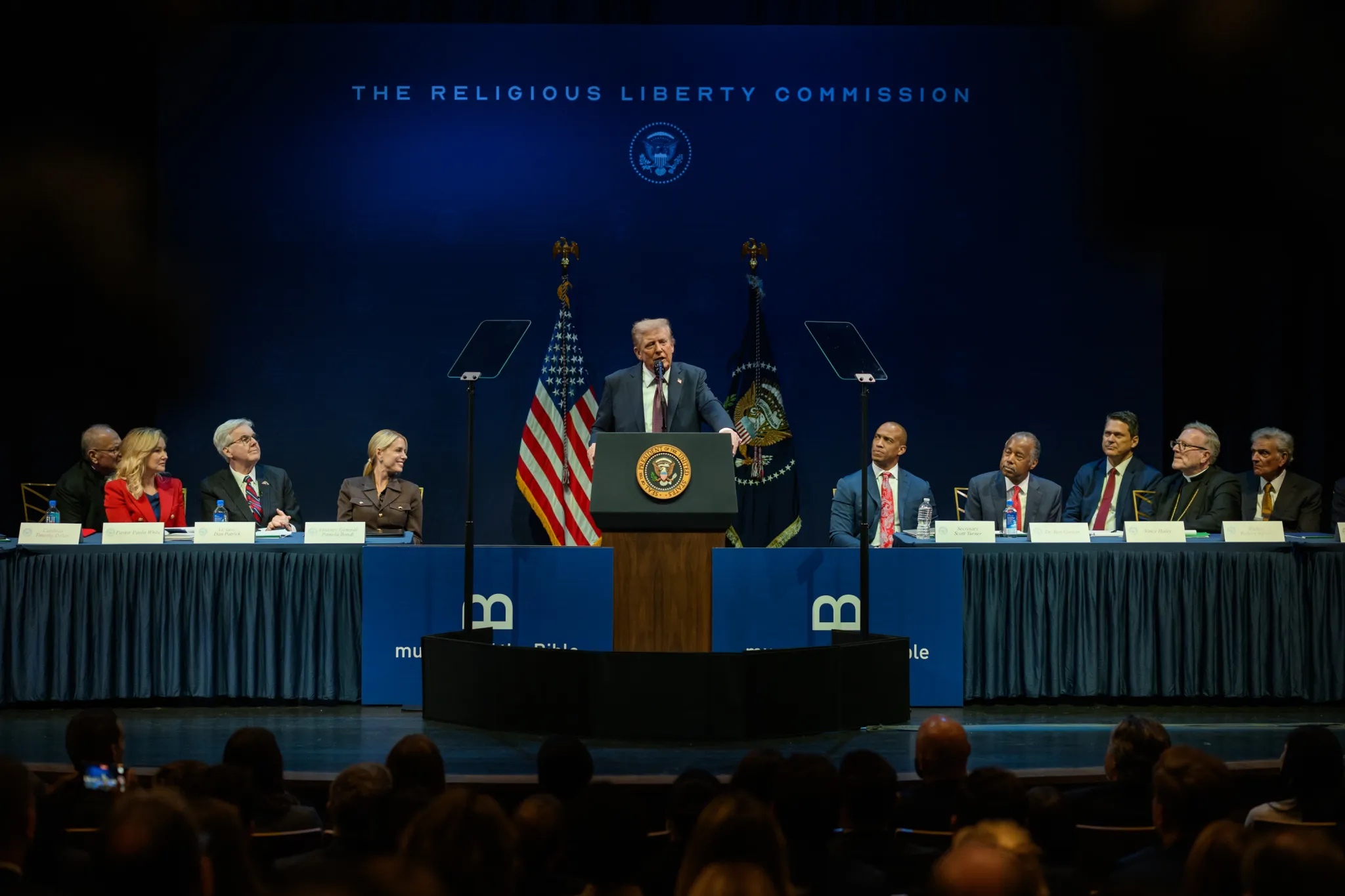President Trump's First 100 Days of His Second Term: Campaign Promises vs. Reality
President Donald Trump has completed the first 100 days of his second term. He returned to the White House with numerous campaign promises, but although some progress has been made in this short period, many pledges remain unfulfilled.
President Trump's First 100 Days of His Second Term: Campaign Promises vs. Reality
President Trump's First 100 Days of His Second Term: Campaign Promises vs. Reality
Washington: U.S. President Donald Trump has completed the first 100 days of his second term. He returned to the White House with numerous campaign promises, but although some progress has been made in this short period, many pledges remain unfulfilled.
Much like the beginning of his first term, Trump is primarily relying on executive orders to push forward his agenda. Let’s take a look at how far he has come with some of his most talked-about promises:
During the campaign, he claimed he would "end the war within 24 hours." However, the war continues. No peace deal or ceasefire has been reached yet, and despite U.S. pressure, there has been little progress in negotiations.
Within hours of taking office, Trump pardoned nearly 1,500 people charged in connection with the January 6 Capitol attack, including those convicted of violent offenses. He also ordered the Justice Department to halt all related legal proceedings.
Although the Chinese-owned app TikTok was on the verge of being banned, Trump instructed his administration to delay enforcement of the law. As a result, TikTok has temporarily returned to app stores, though the ban has not been fully lifted.
Trump had said that the government or insurance companies would bear the full cost of IVF treatment. This hasn’t yet been implemented, but the administration is working on strategies to reduce costs.
Around 80,000 documents related to the JFK assassination have been released. While many had already been made public, some new portions have been declassified. However, no significant new information has been revealed.
An executive order has initiated the process to dismantle the Department of Education, and staffing has already been cut by half. However, full dissolution would require Congressional approval.
Using an 18th-century law, Trump has been deporting suspected criminals in an expedited manner. This action is currently being challenged in court.
Trump imposed high tariffs on many countries, including China. However, most of those tariffs were suspended for 90 days due to market instability.
After President Biden rejoined the Paris Climate Agreement, Trump withdrew the U.S. from it again, as he had during his first term.
Congress is working to make the 2017 tax cuts permanent. This is not something the president can do unilaterally.
Trump’s popular proposal to eliminate income taxes on tips also requires Congressional approval. It has not yet been included in the budget.
Eliminating Social Security income tax for seniors: This too depends on Congress. There has been no significant progress yet.
In a February executive order, Trump blocked federal funding to schools with vaccine or mask mandates. However, no state currently has such mandates in place.
Through a new executive order, Trump attempted to end birthright citizenship, but it has been temporarily blocked by the courts. The Supreme Court will hear arguments on this issue in May.
In January, Trump ordered that federal funds not be used for teaching "critical race theory" or "transgender" topics. In February, he issued another order banning transgender women from participating in women's sports.



